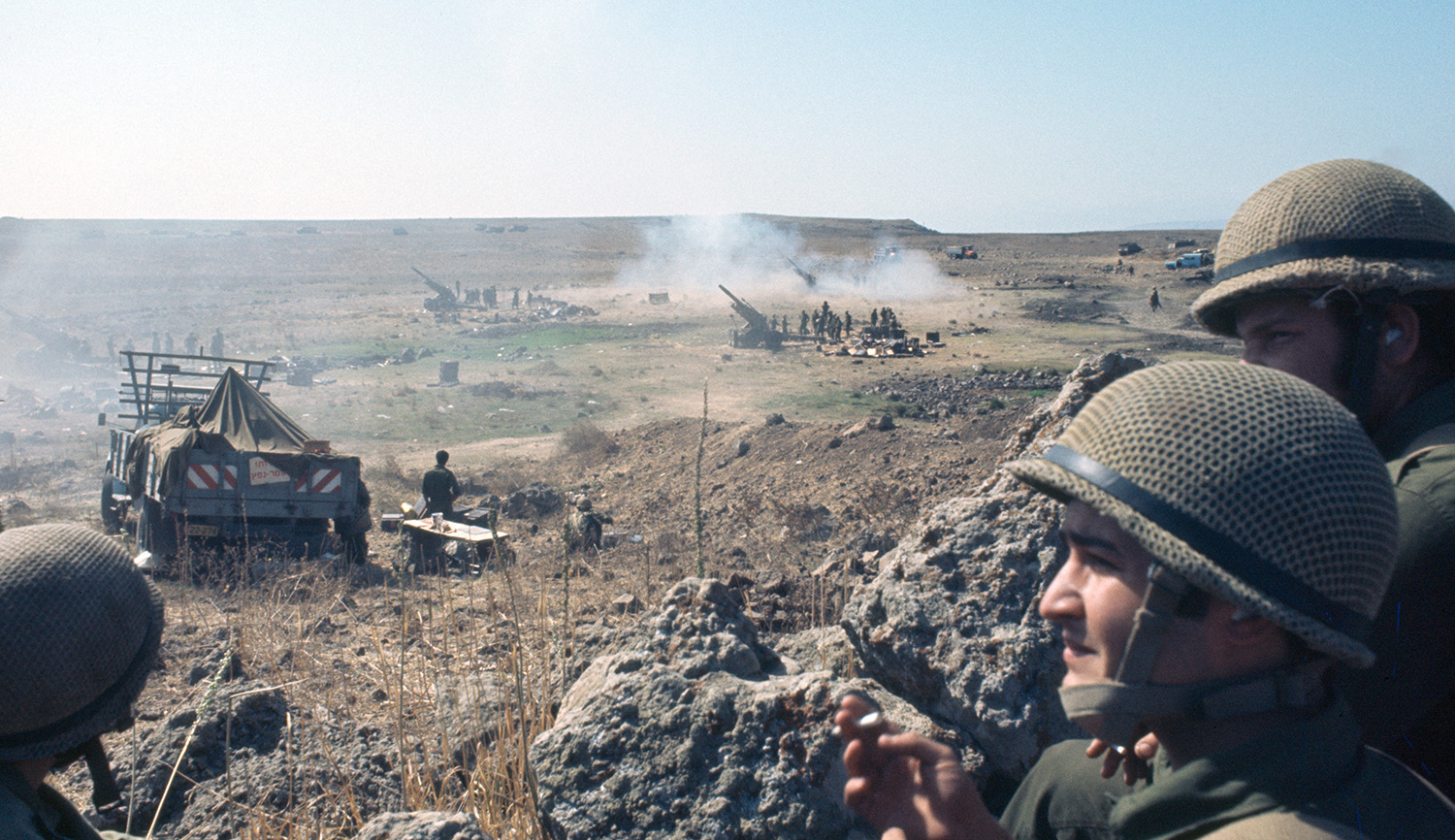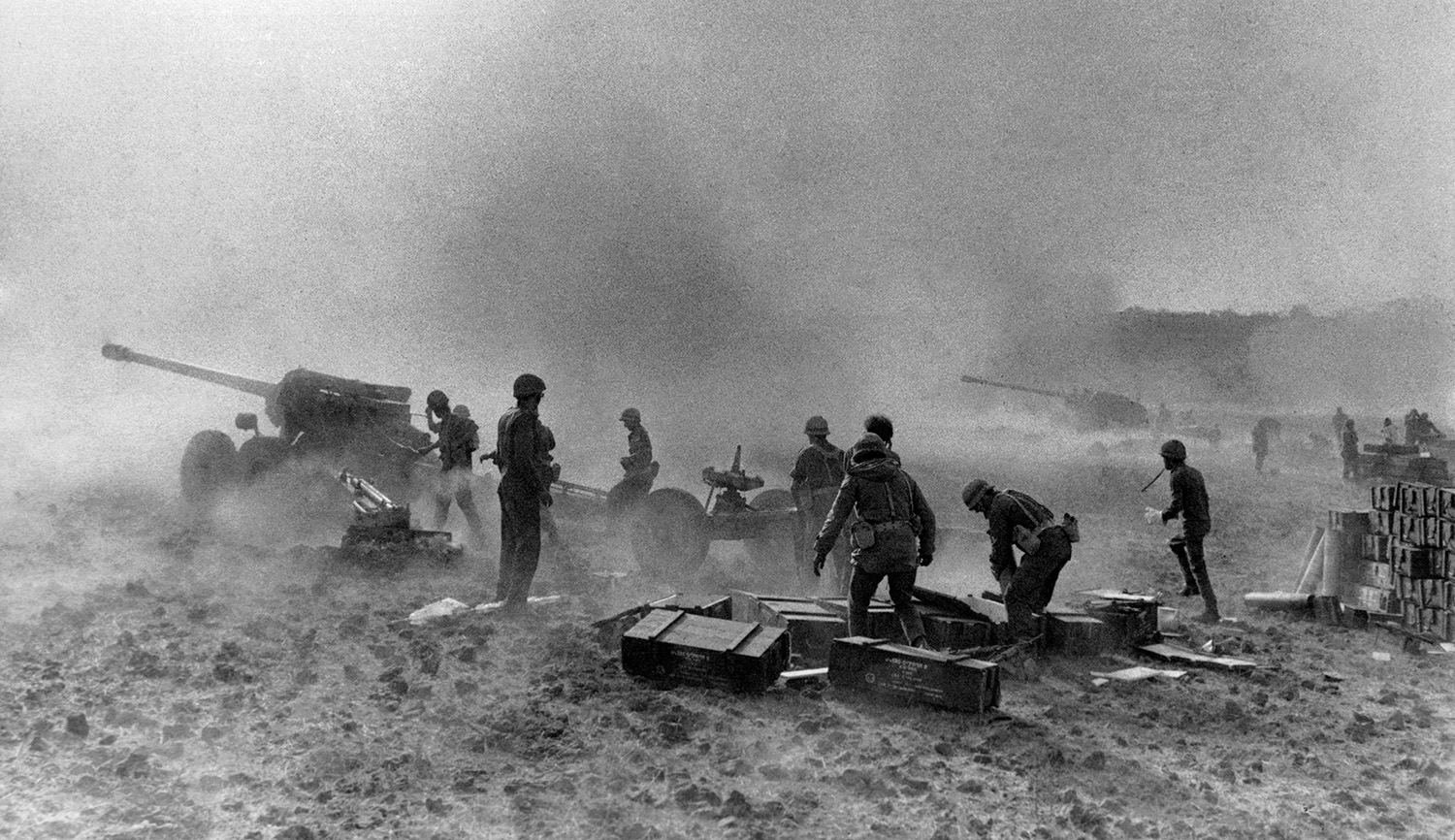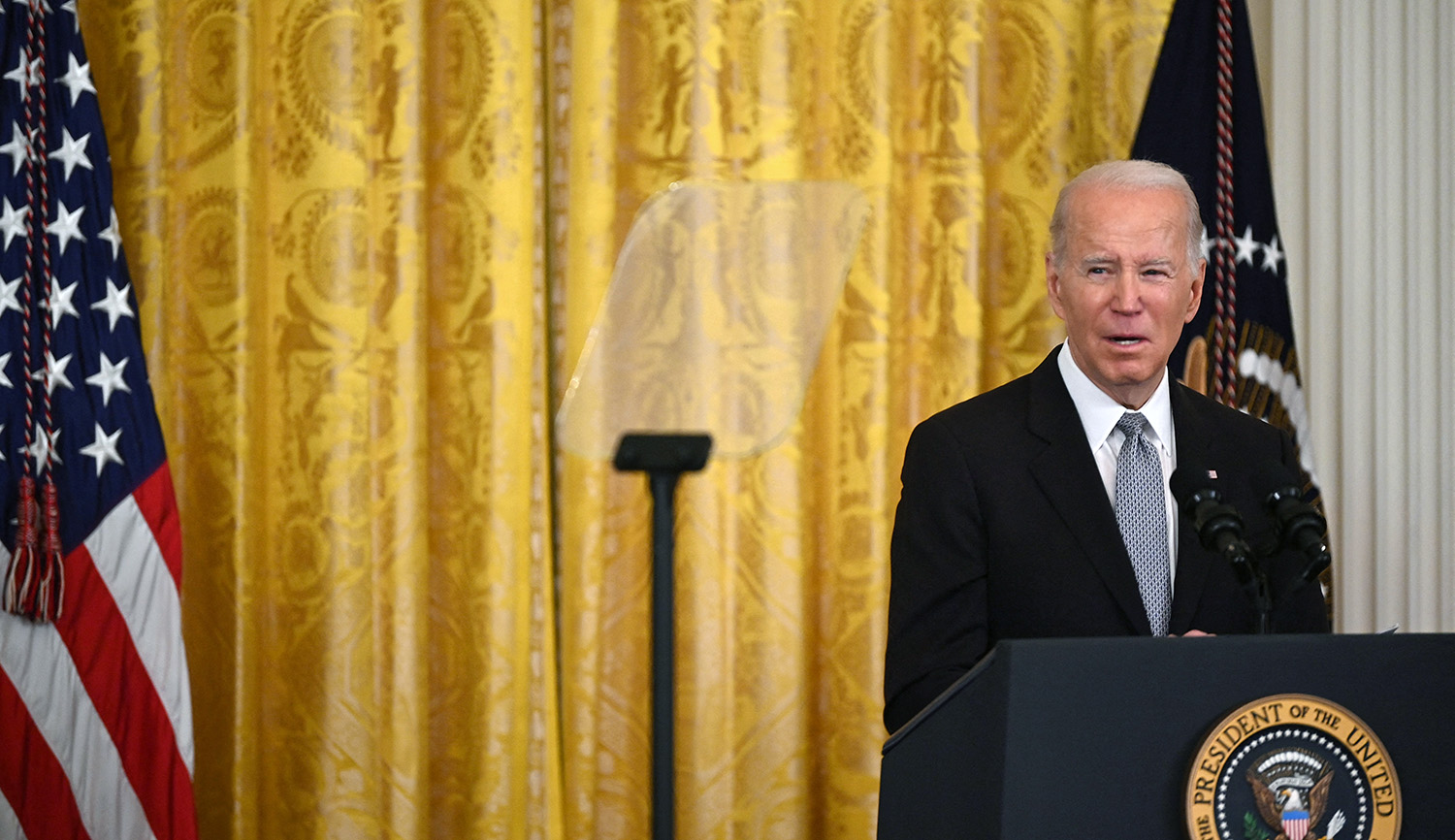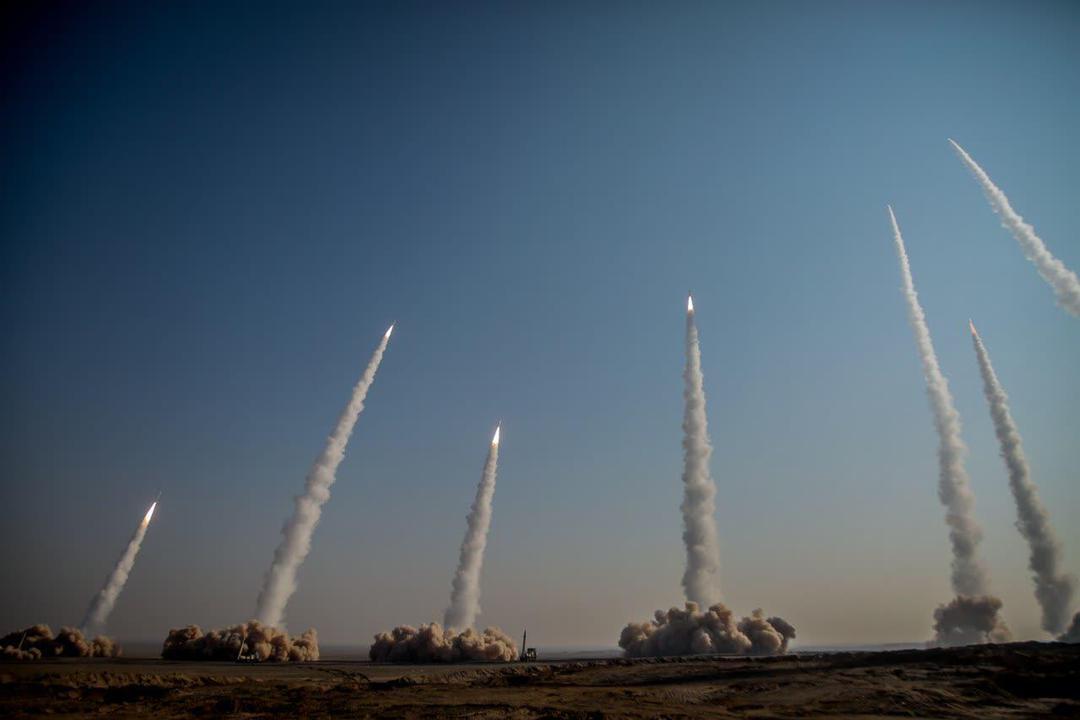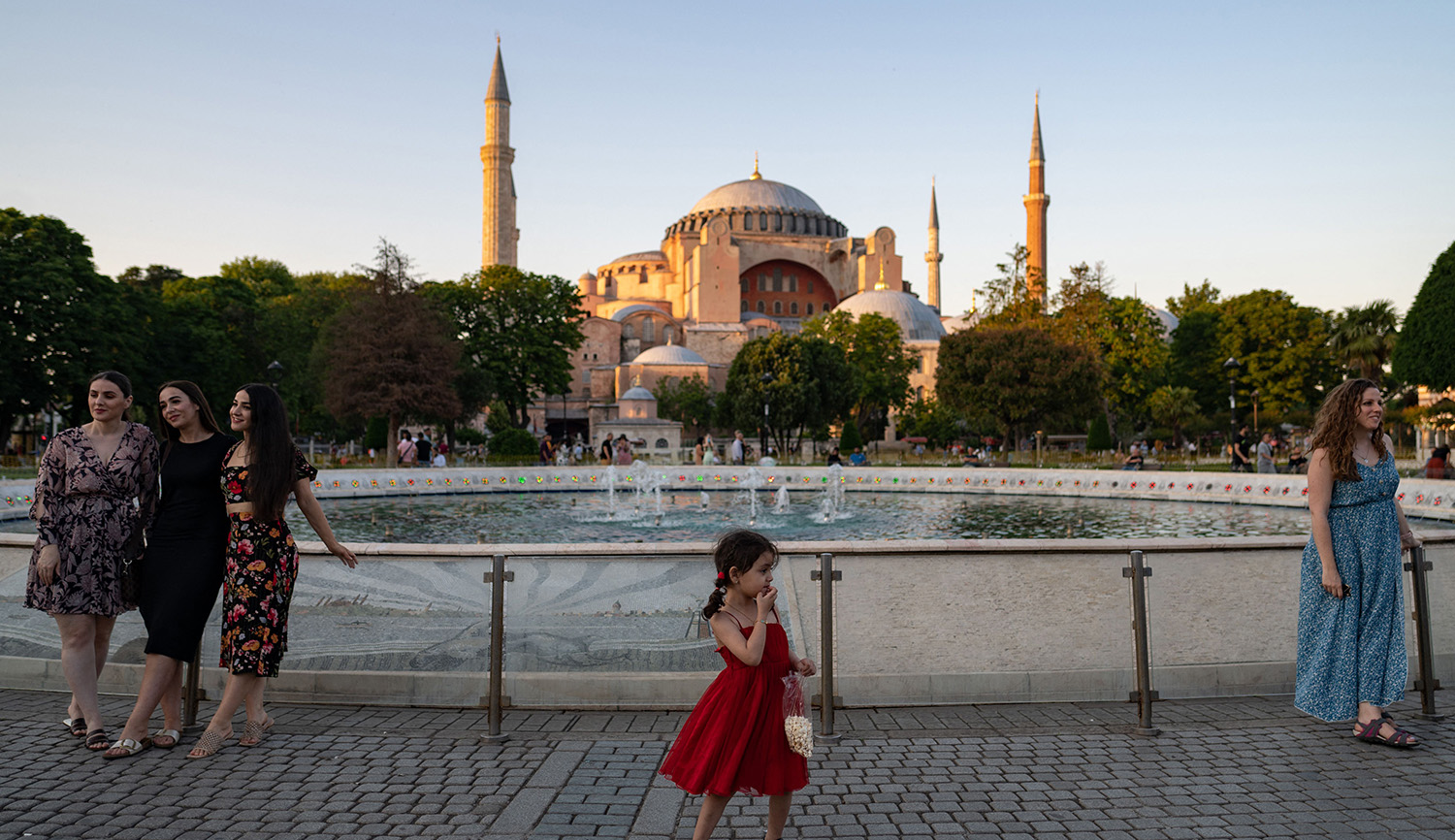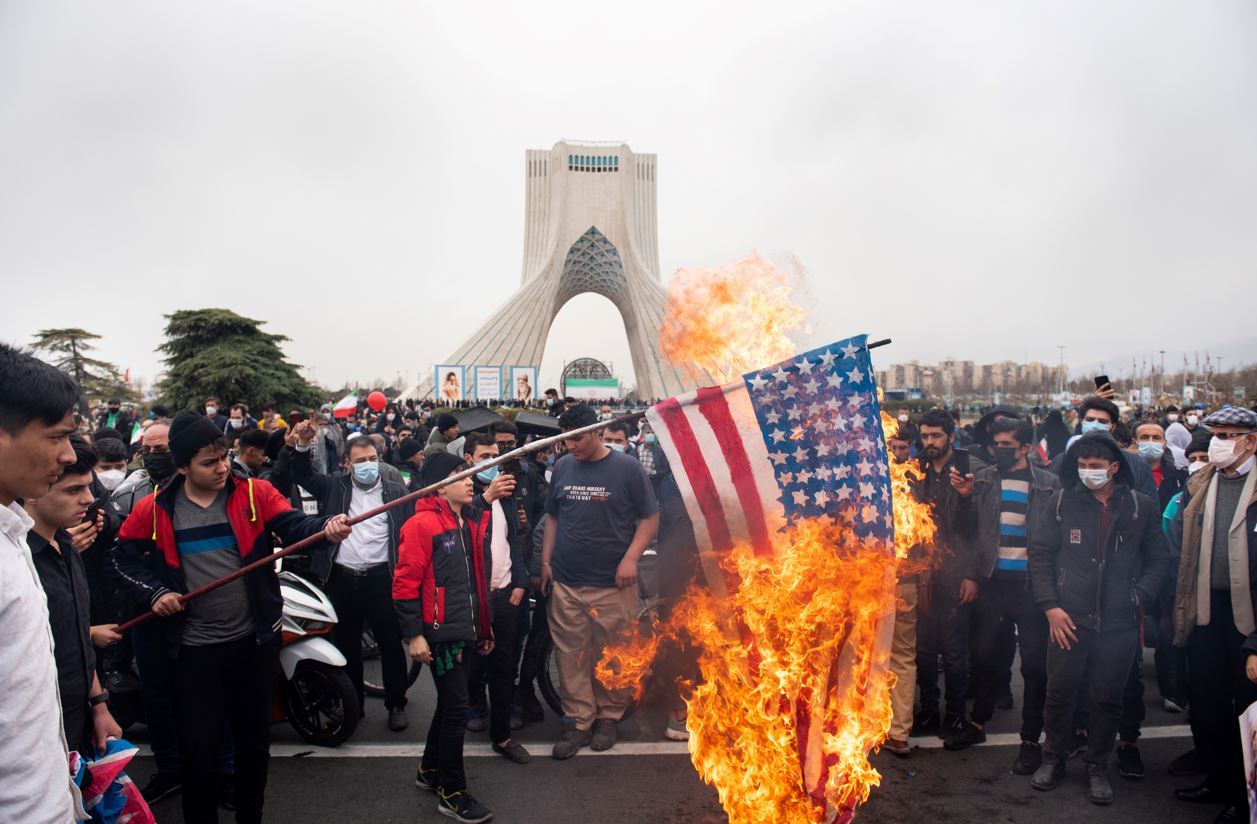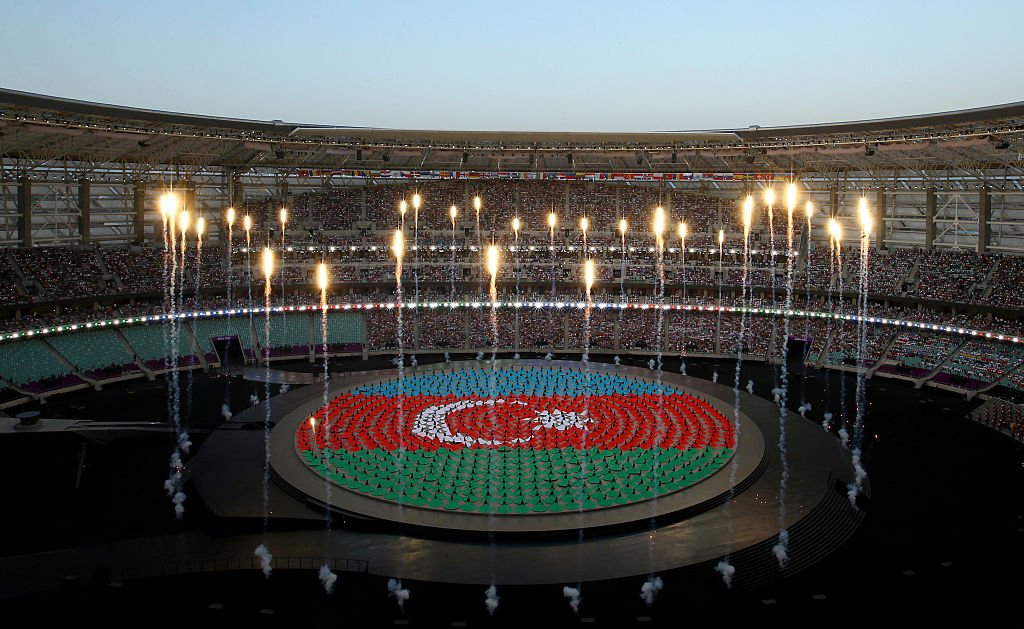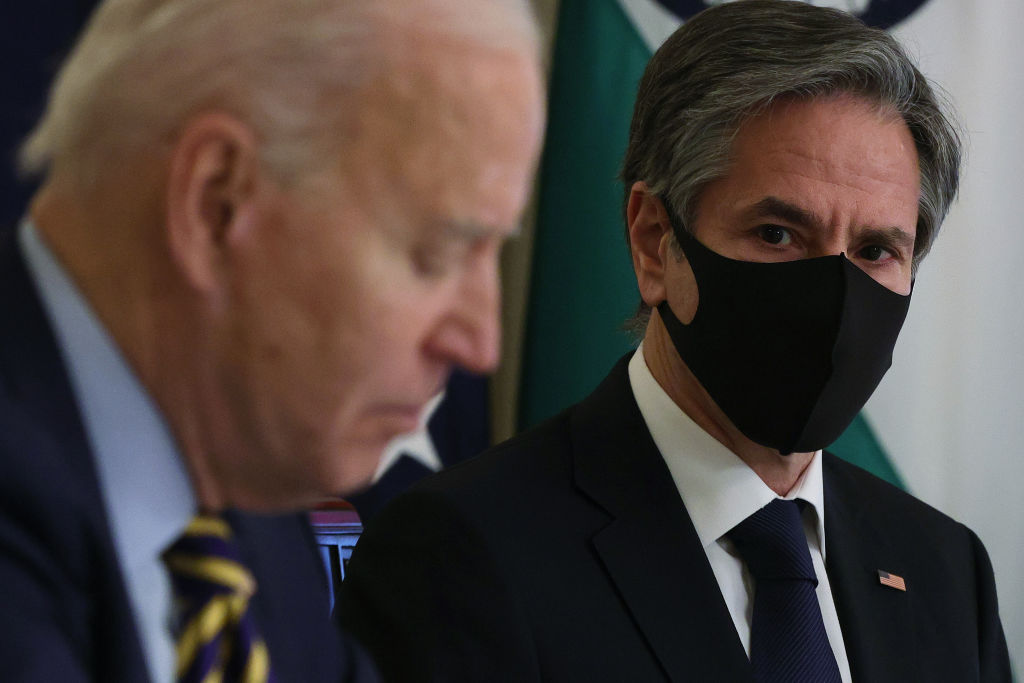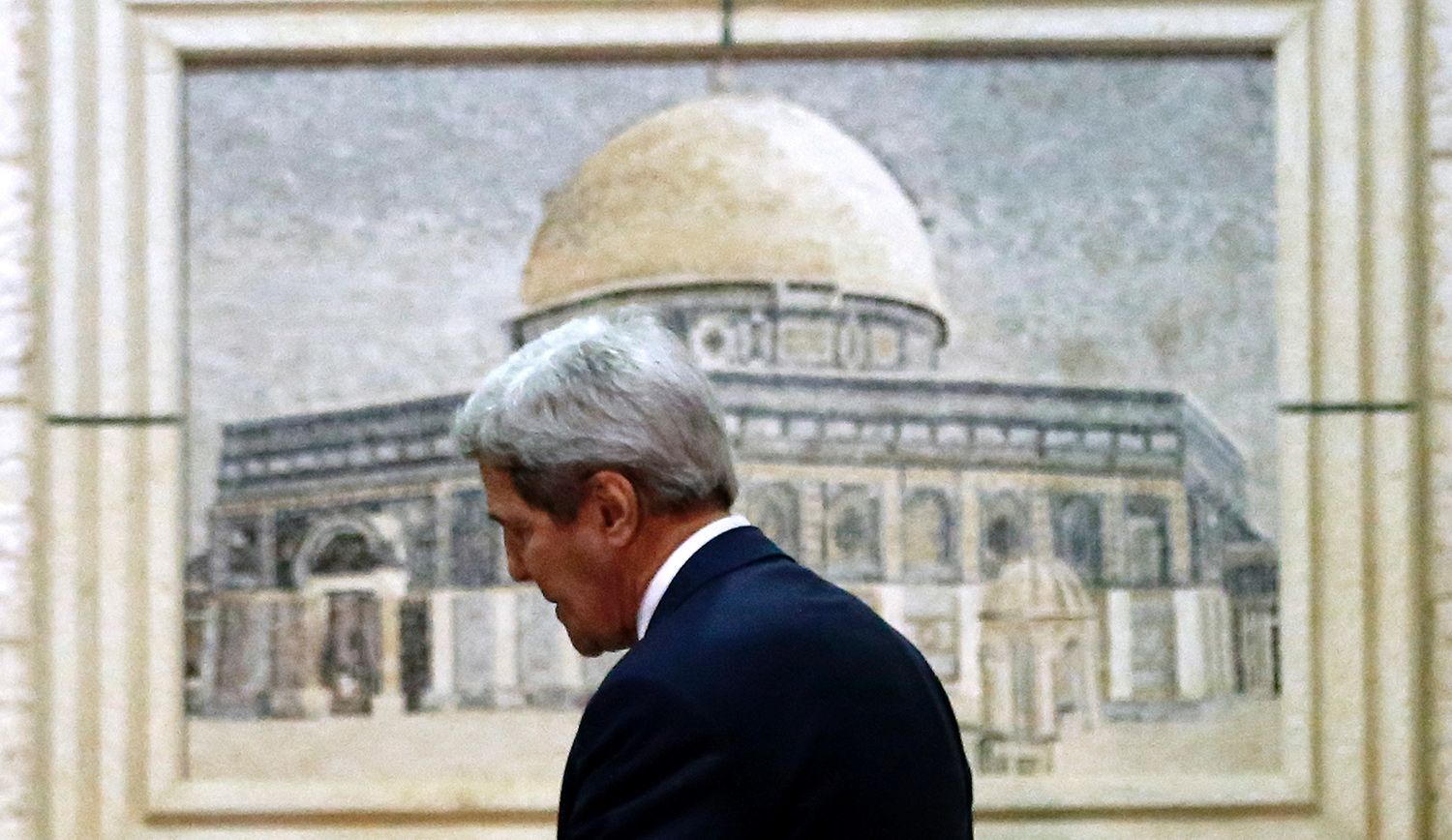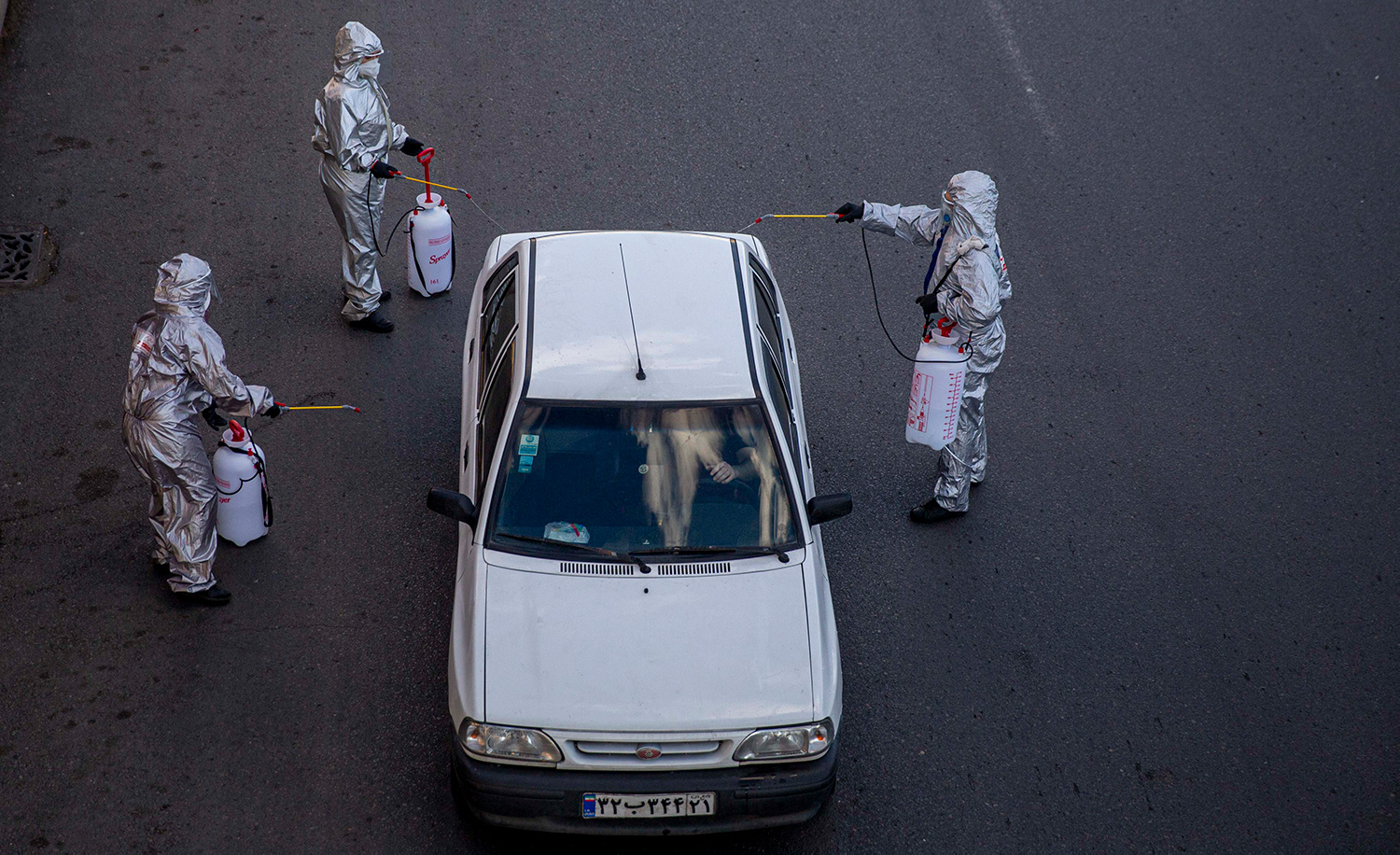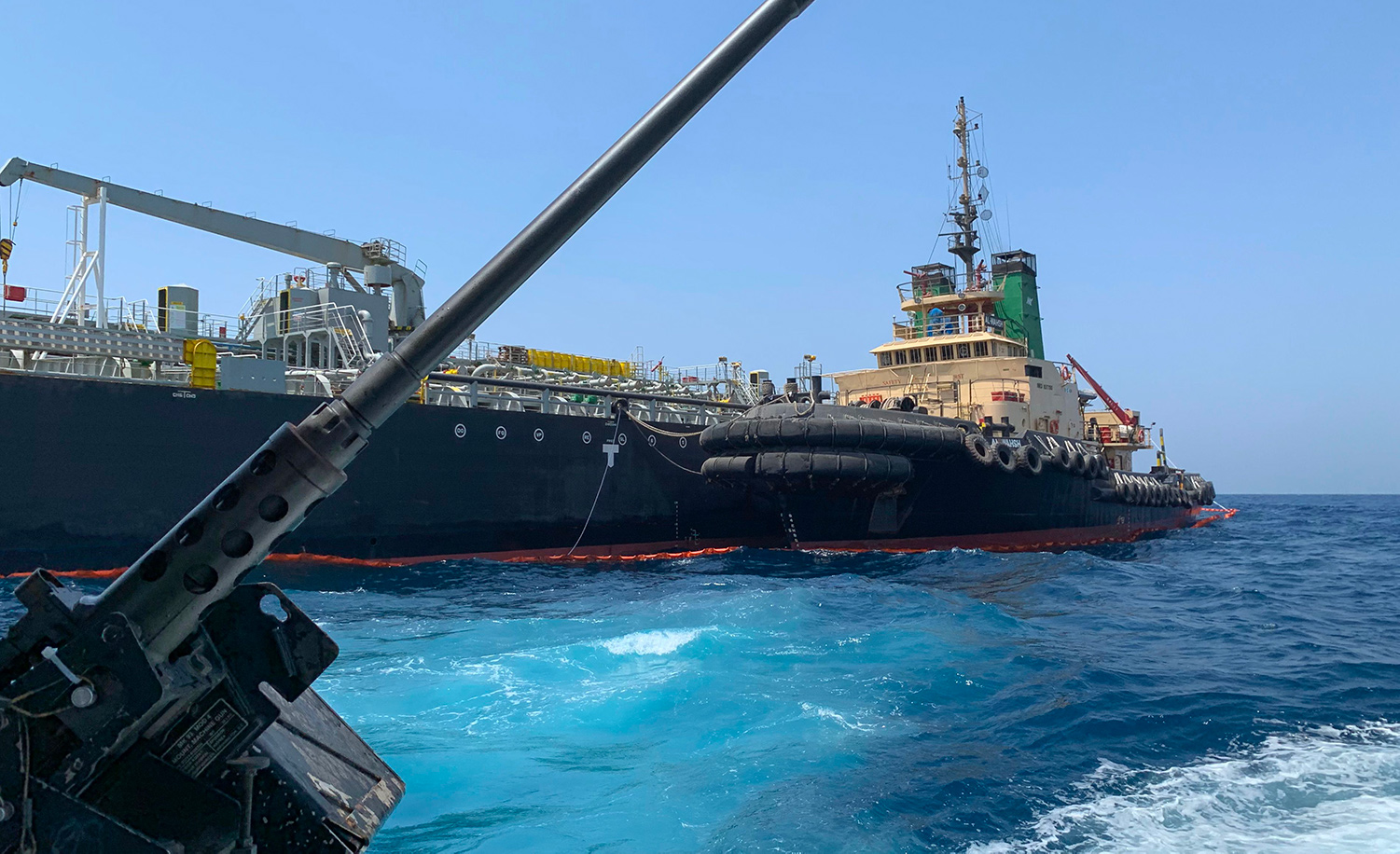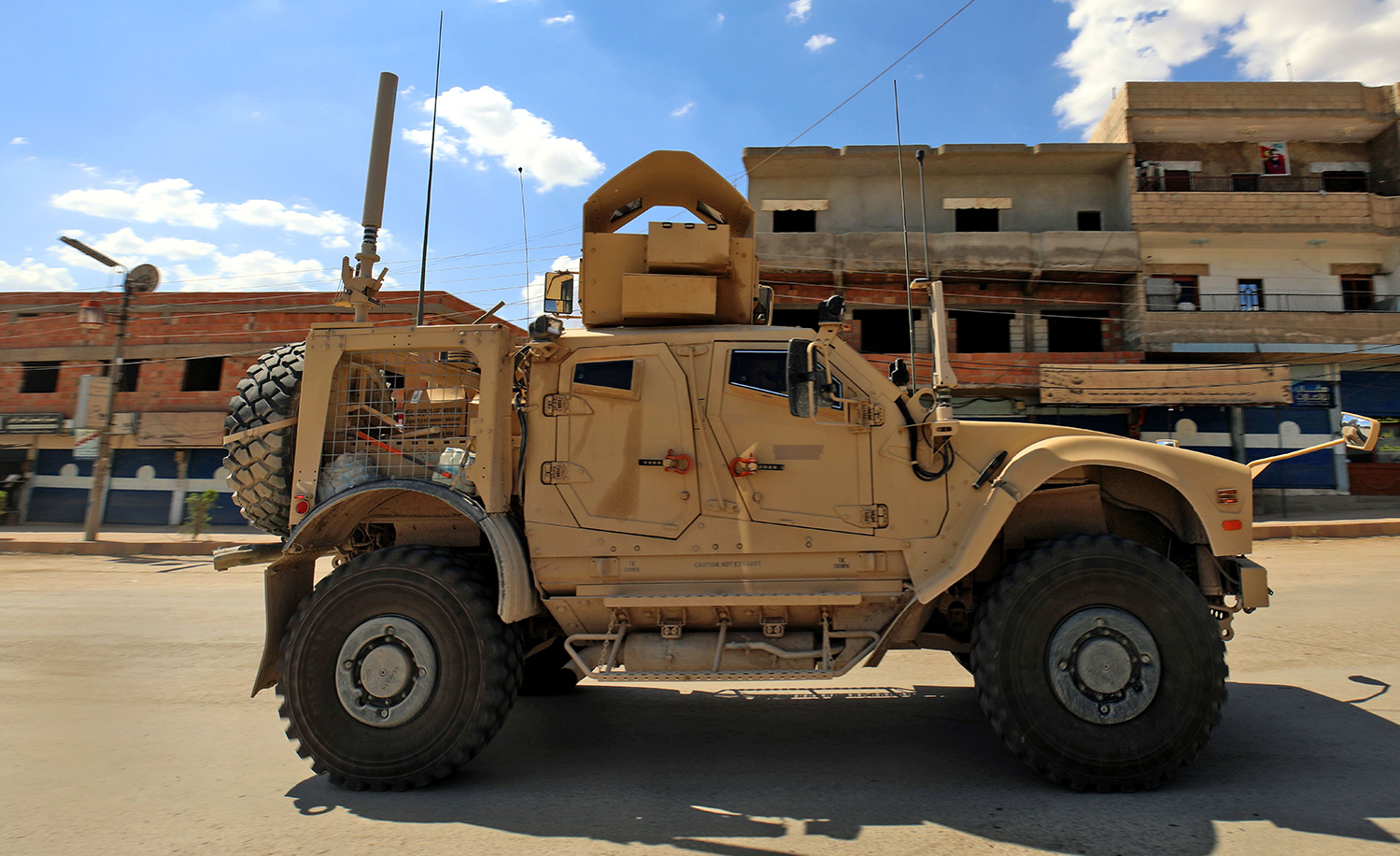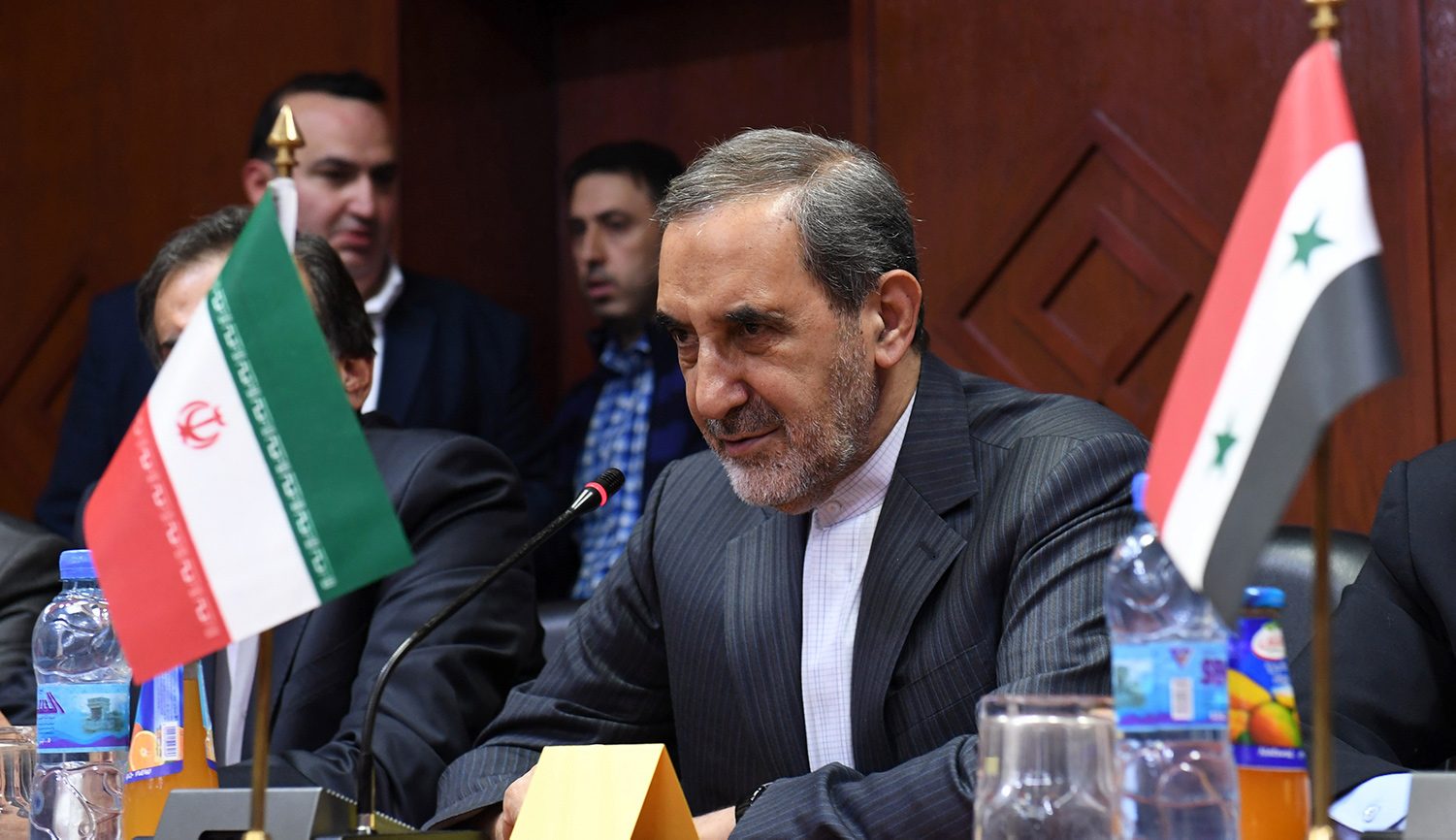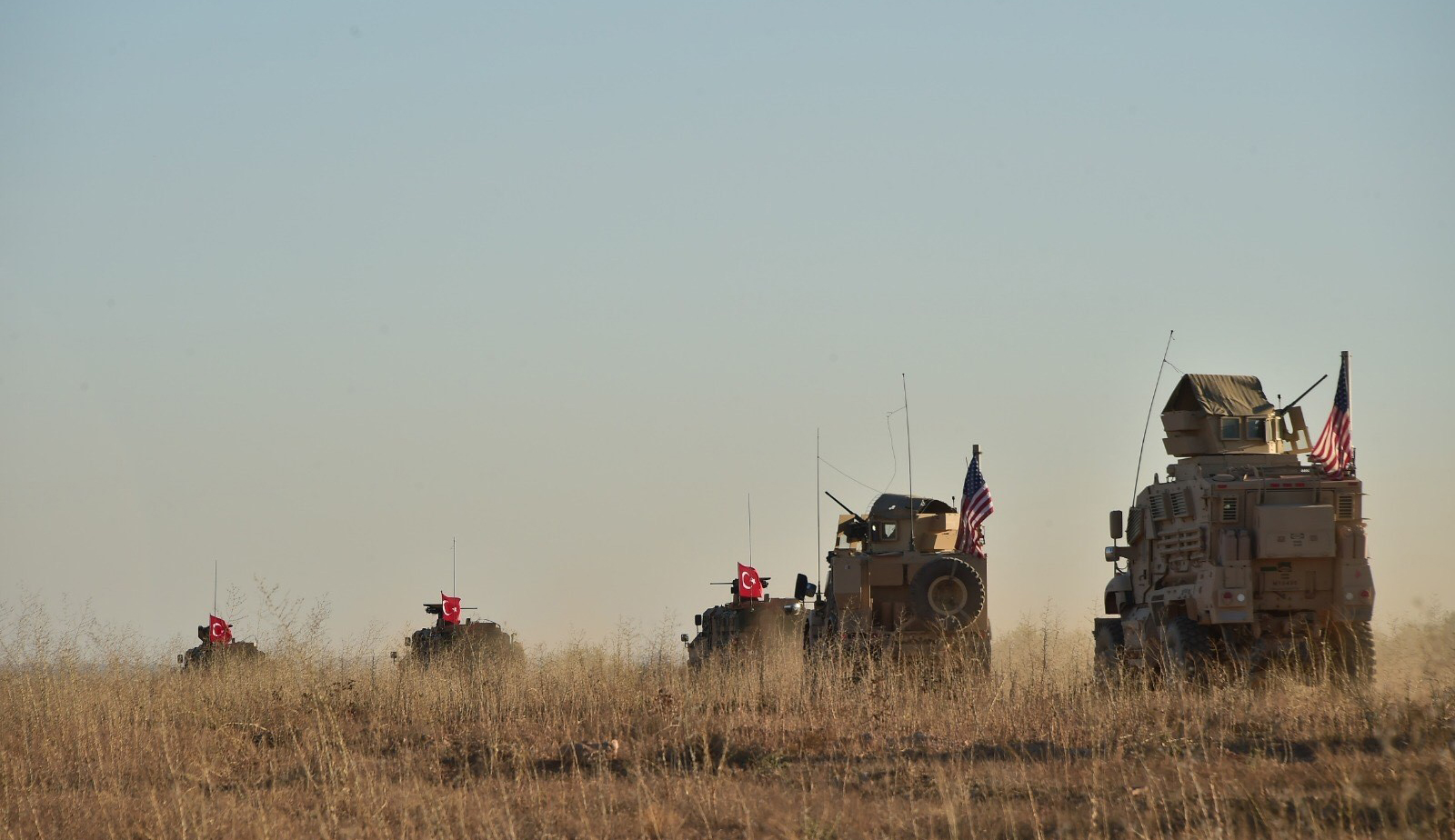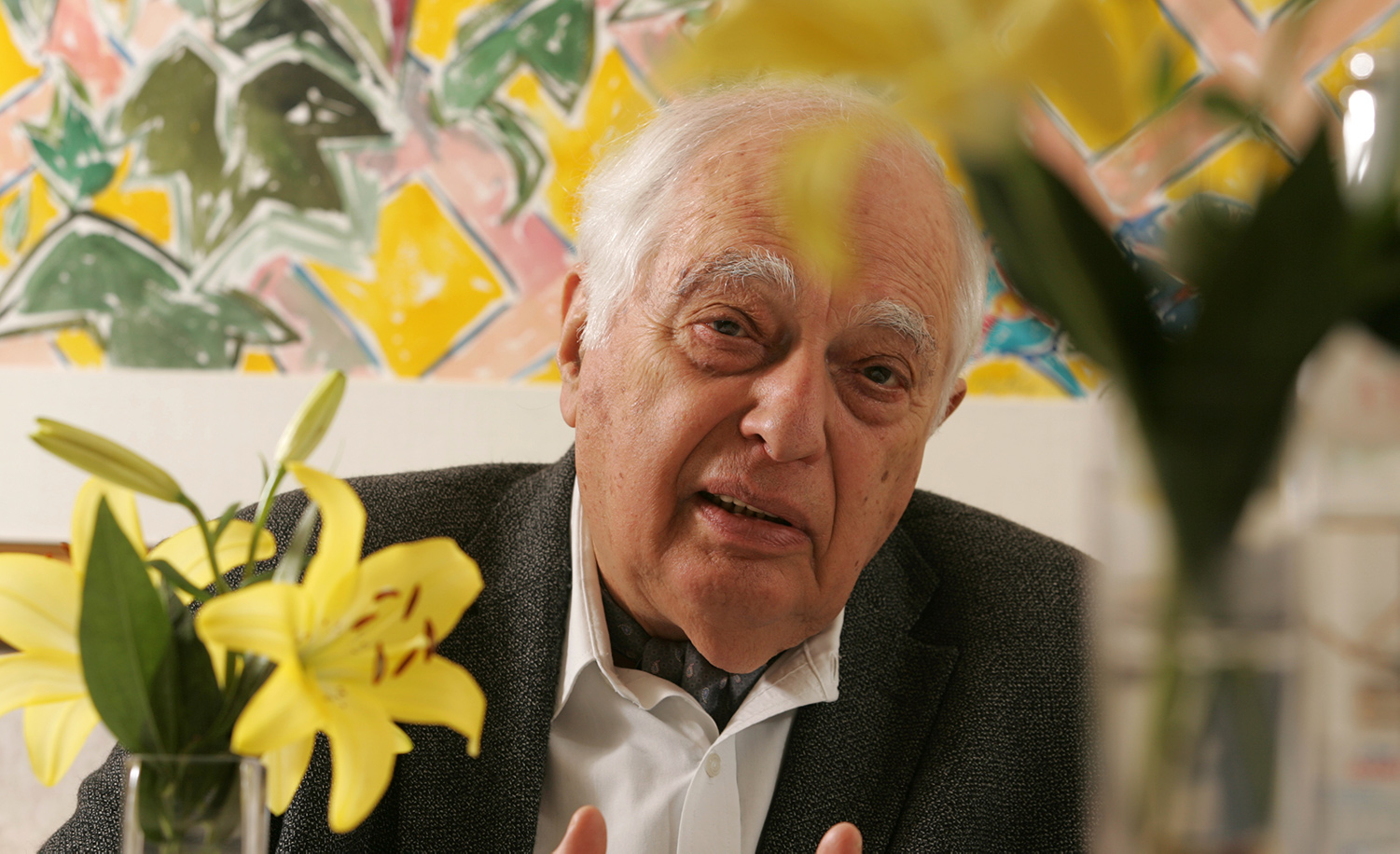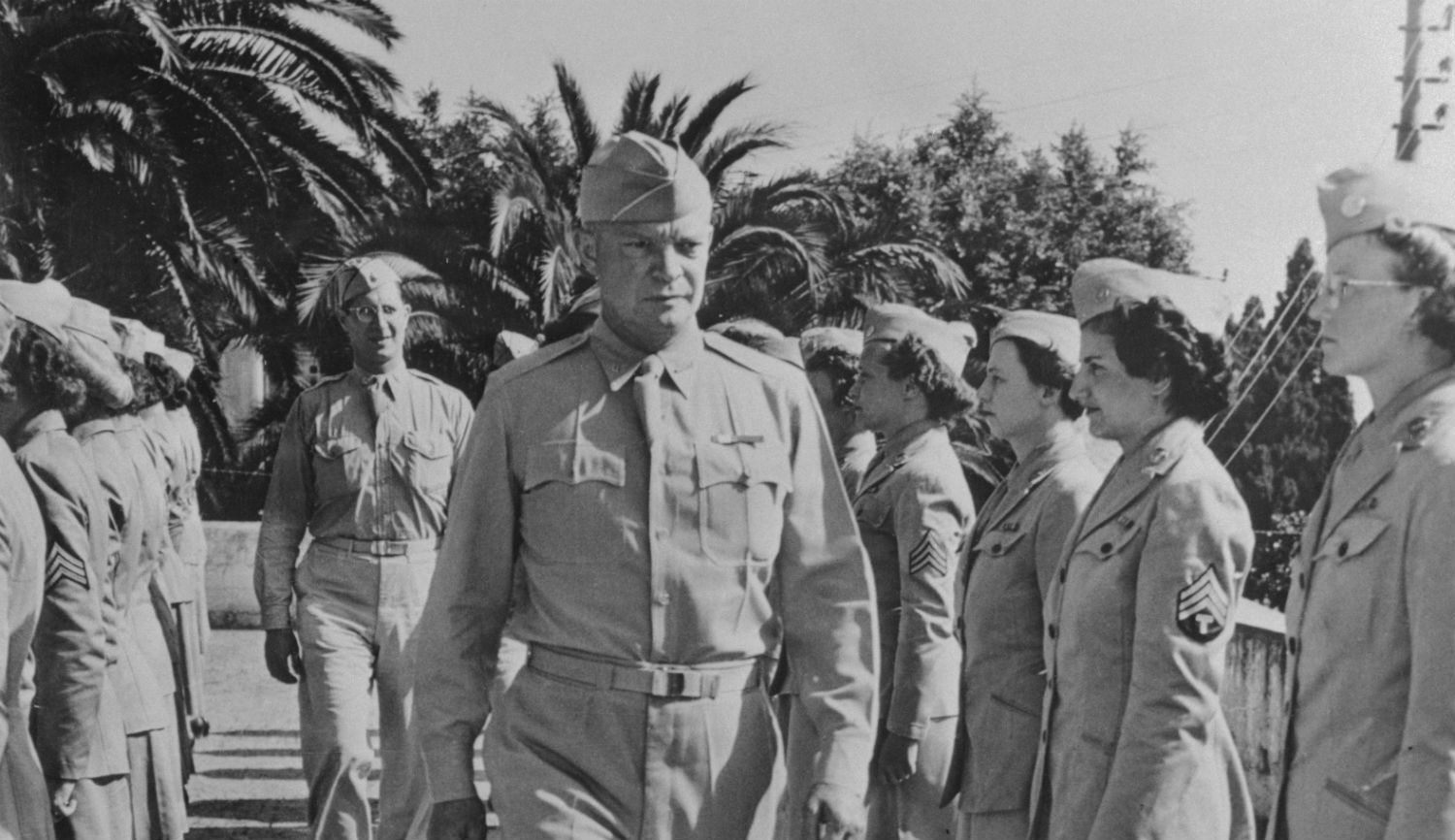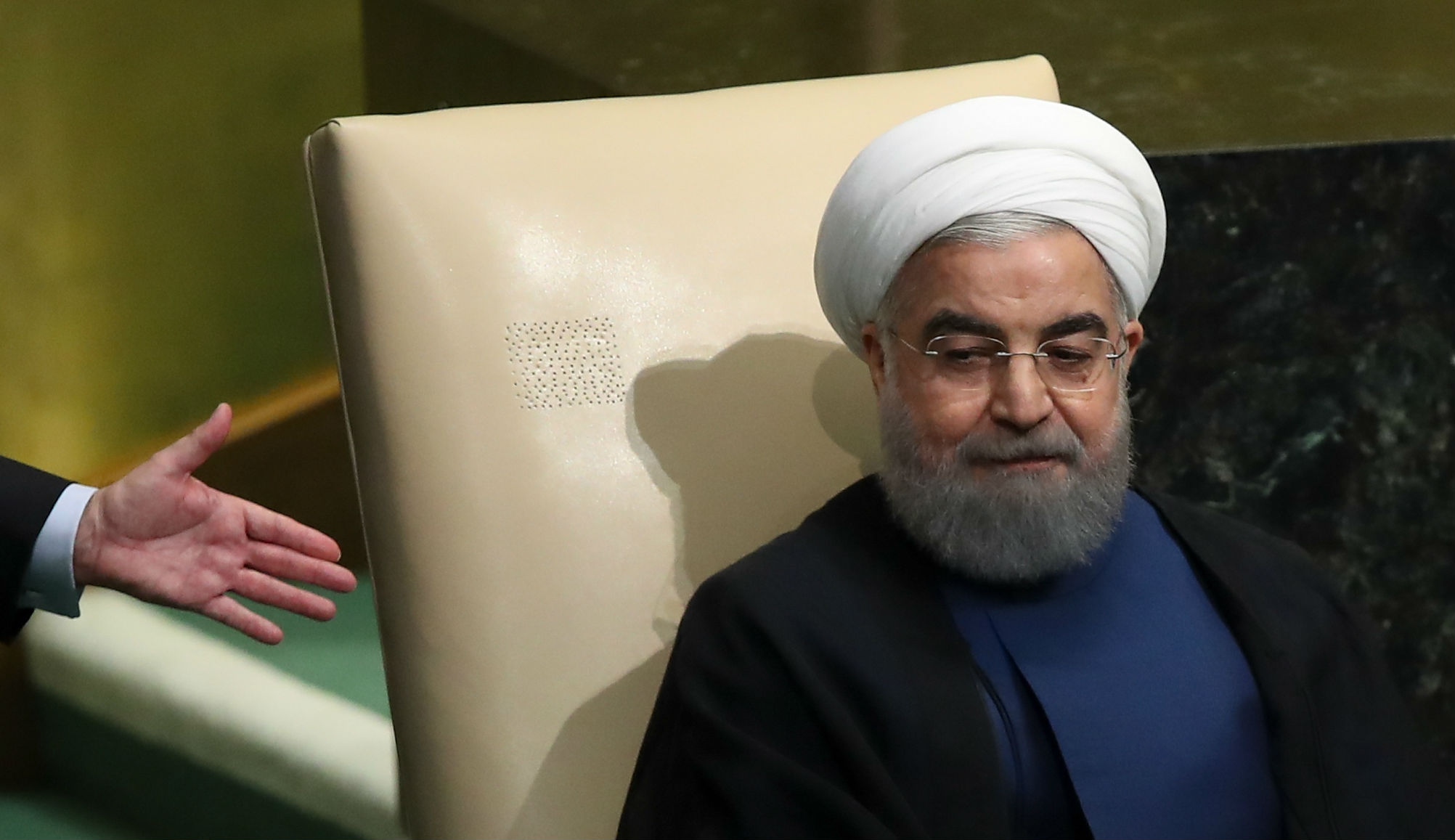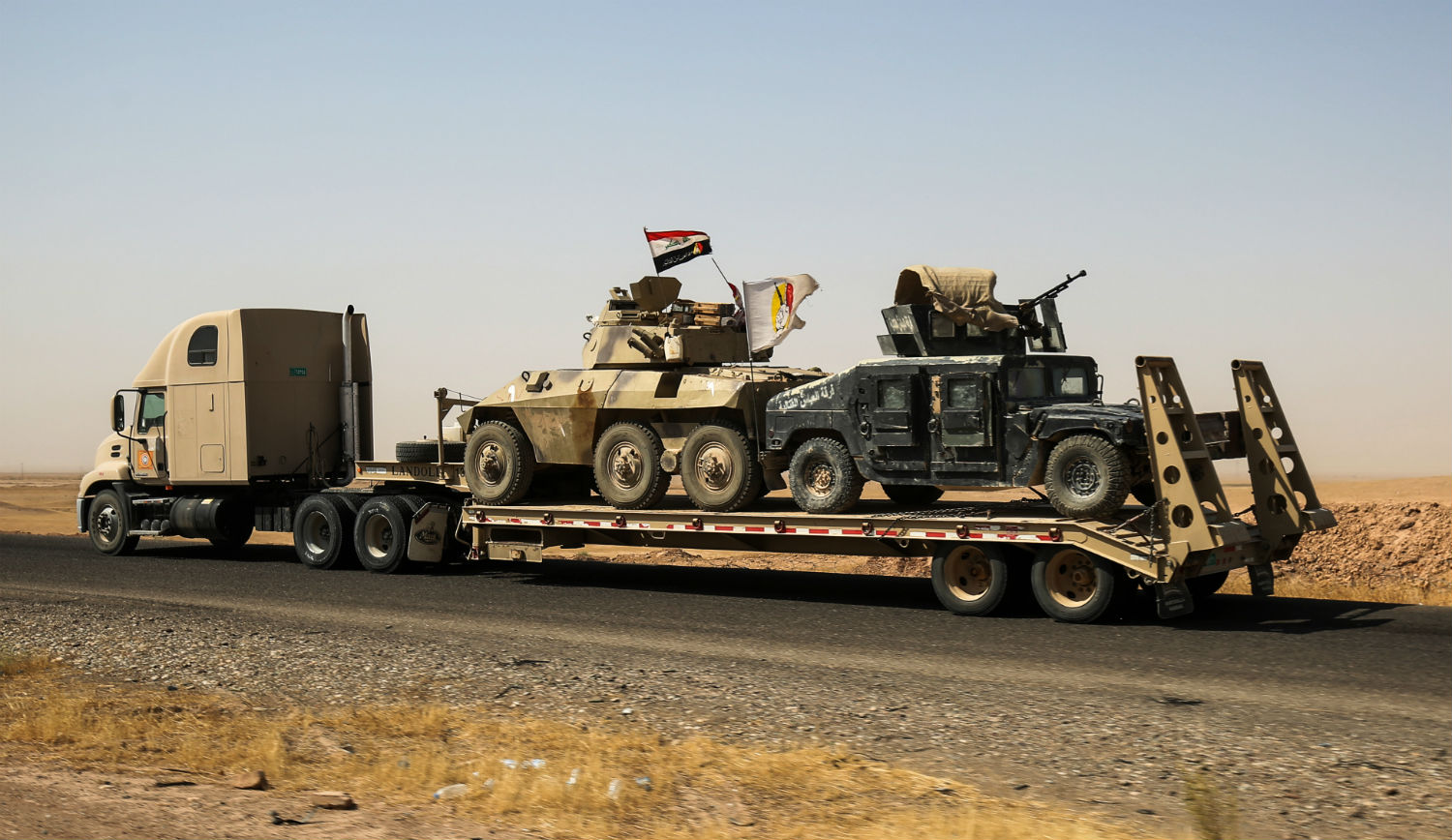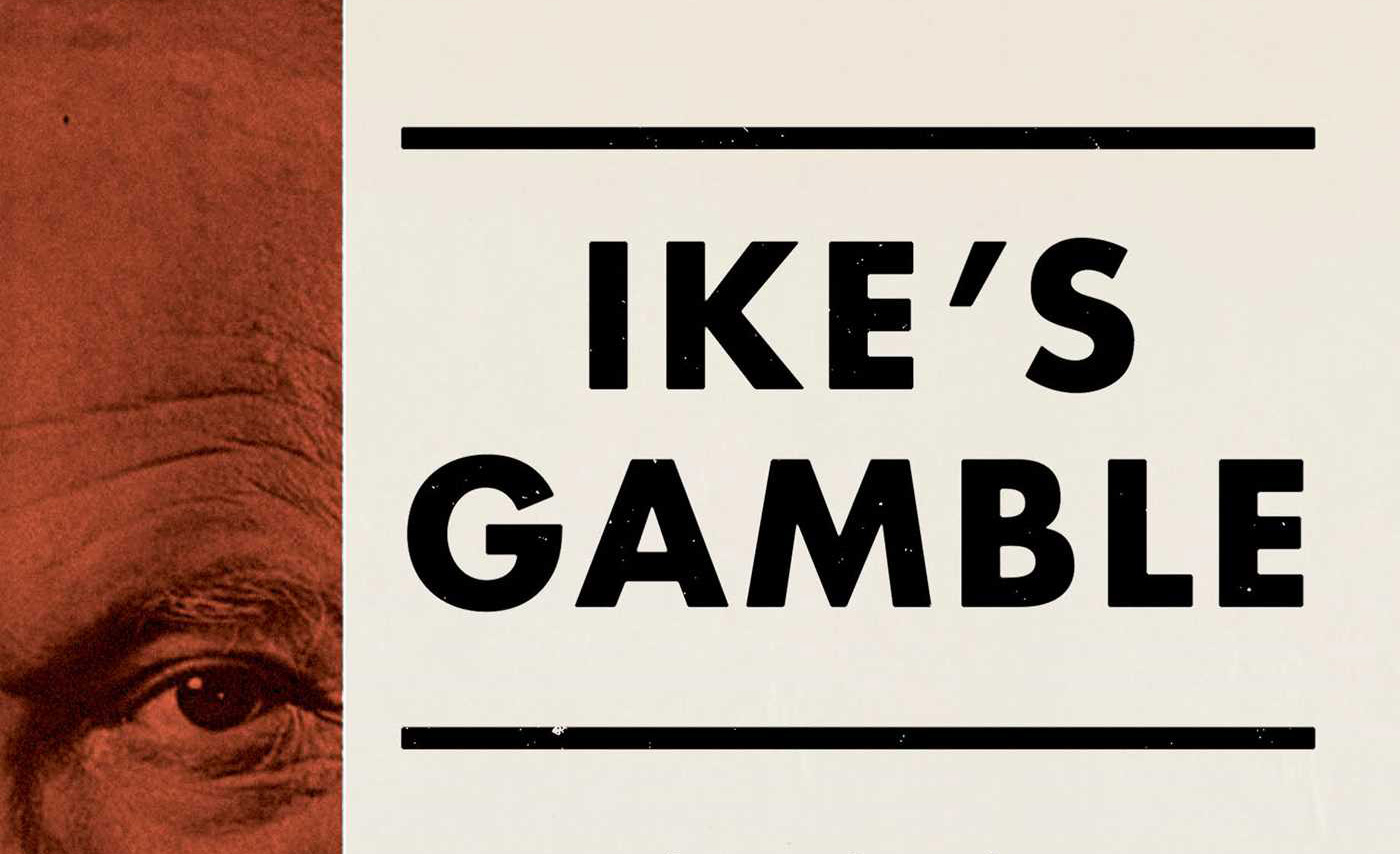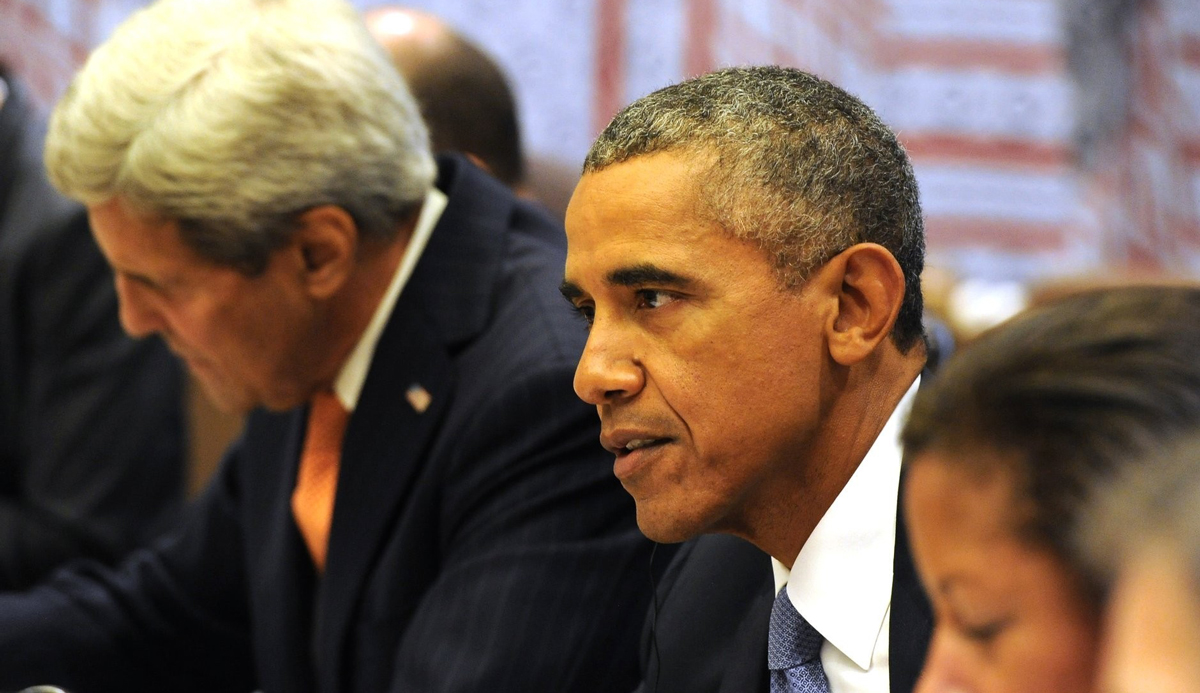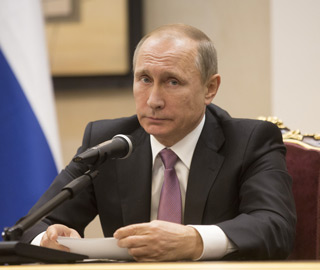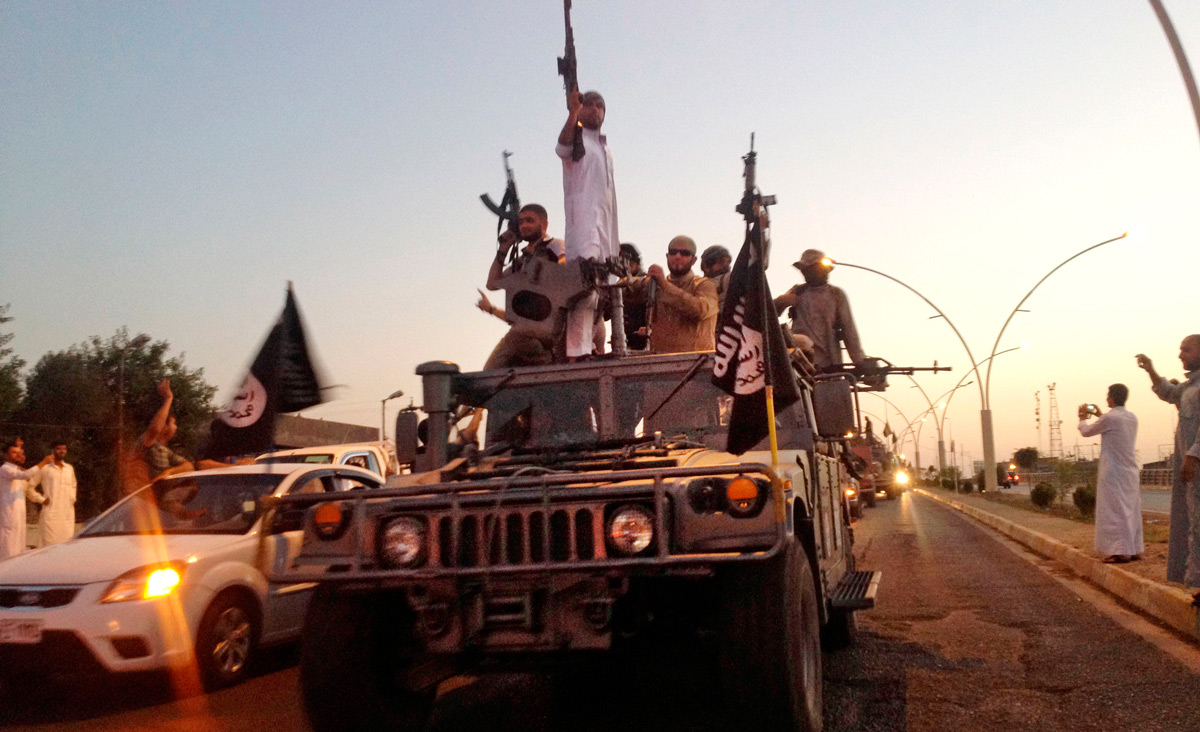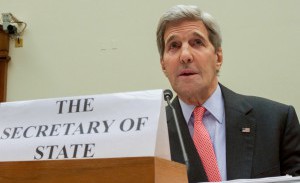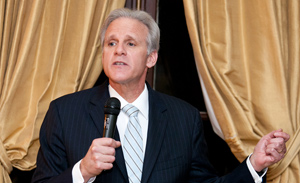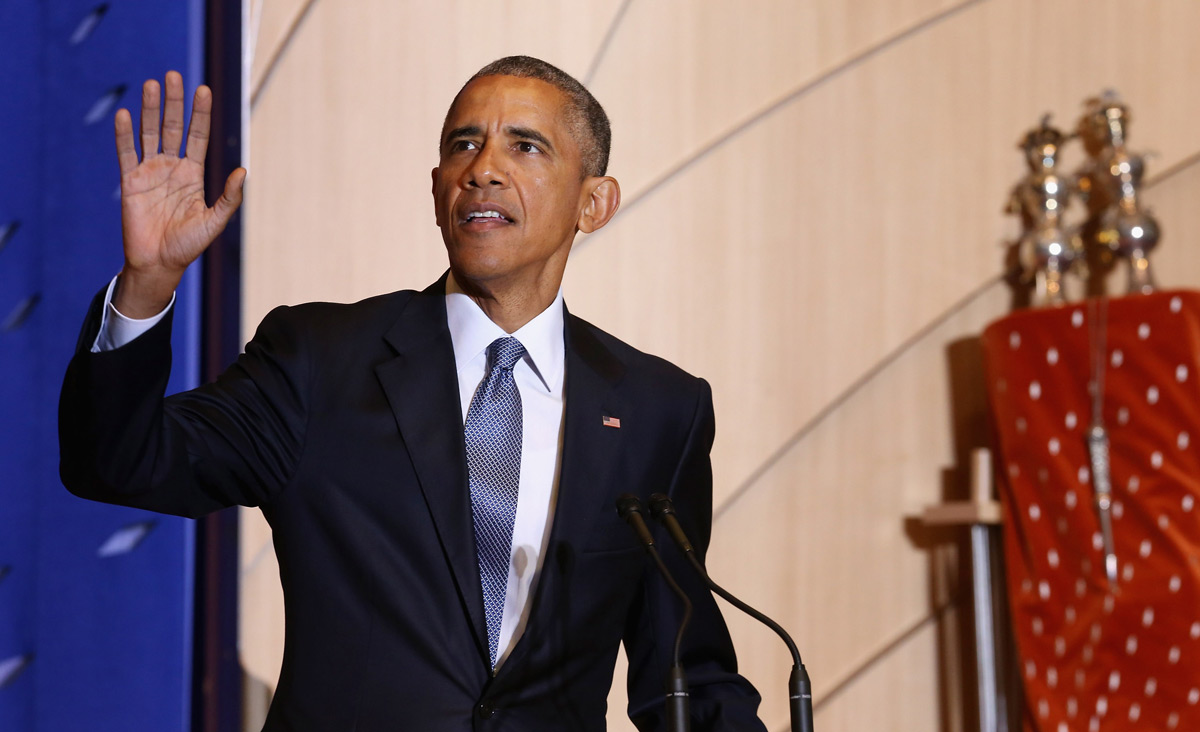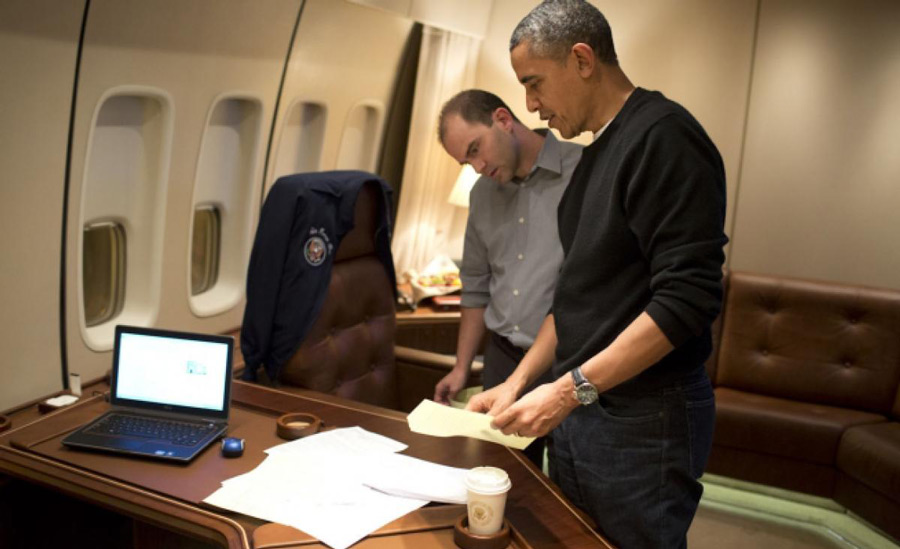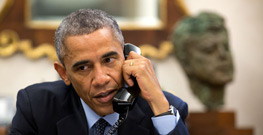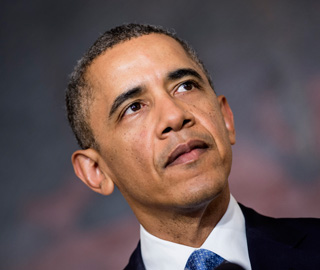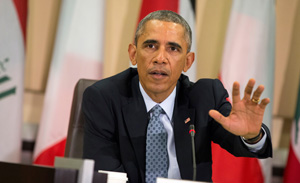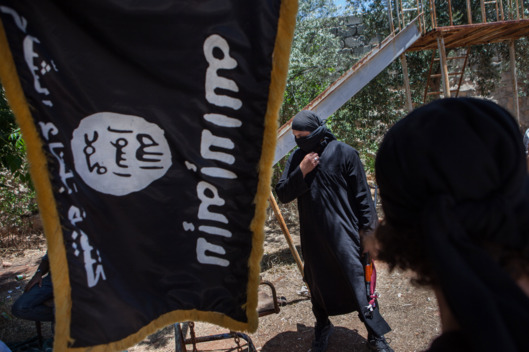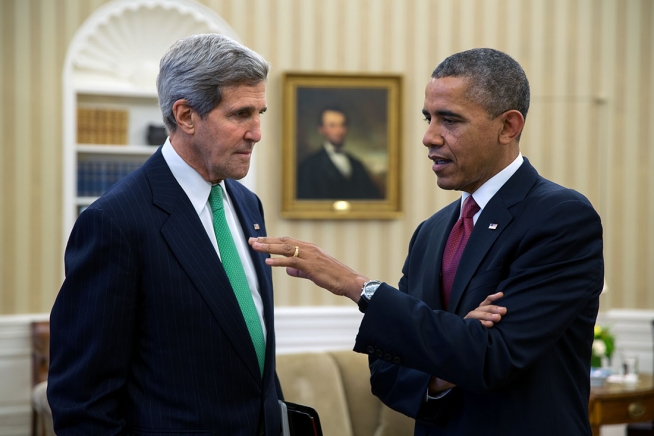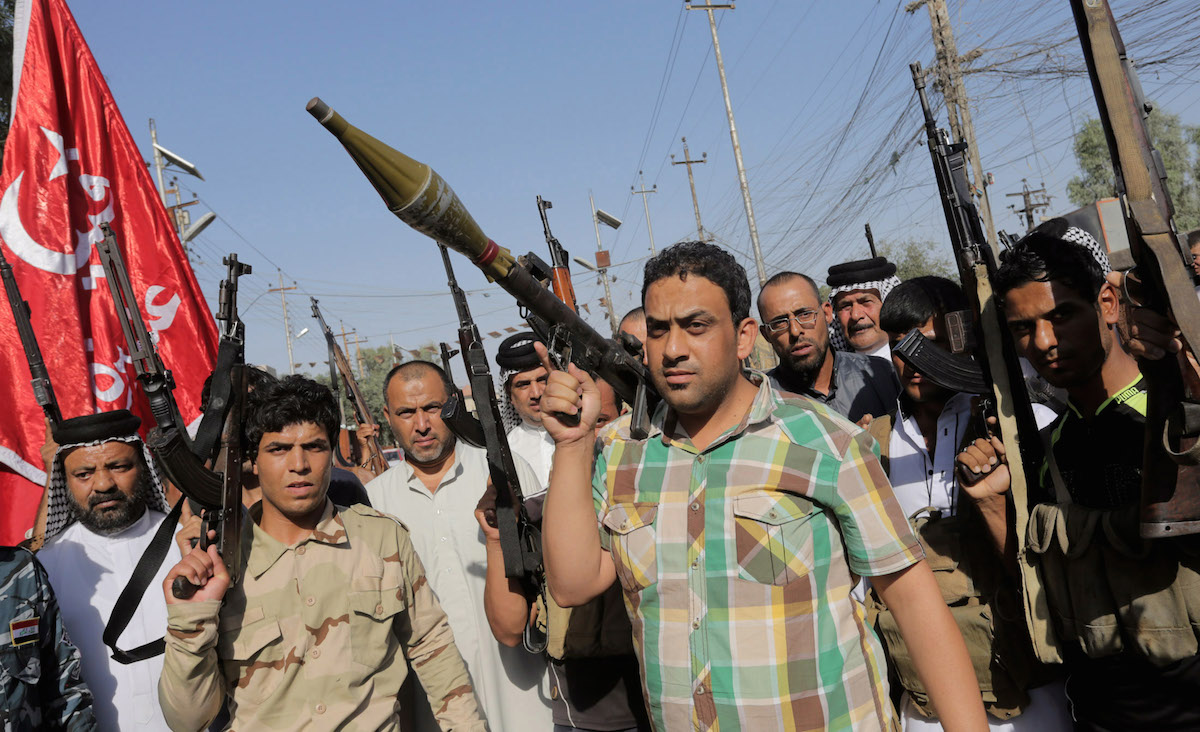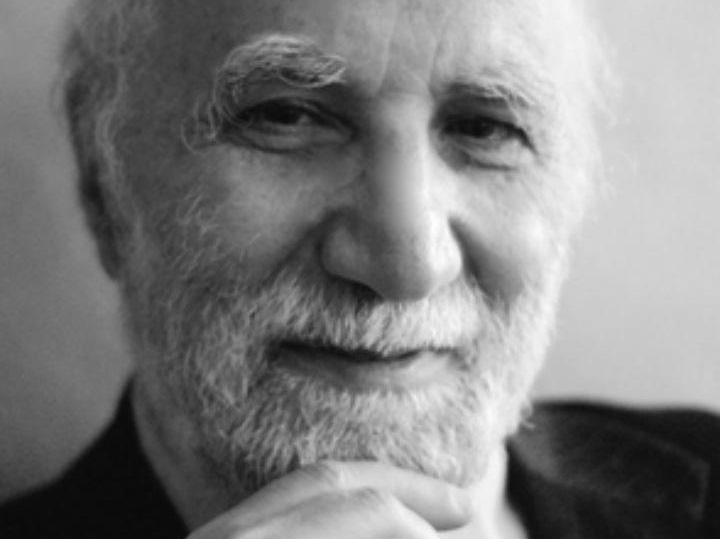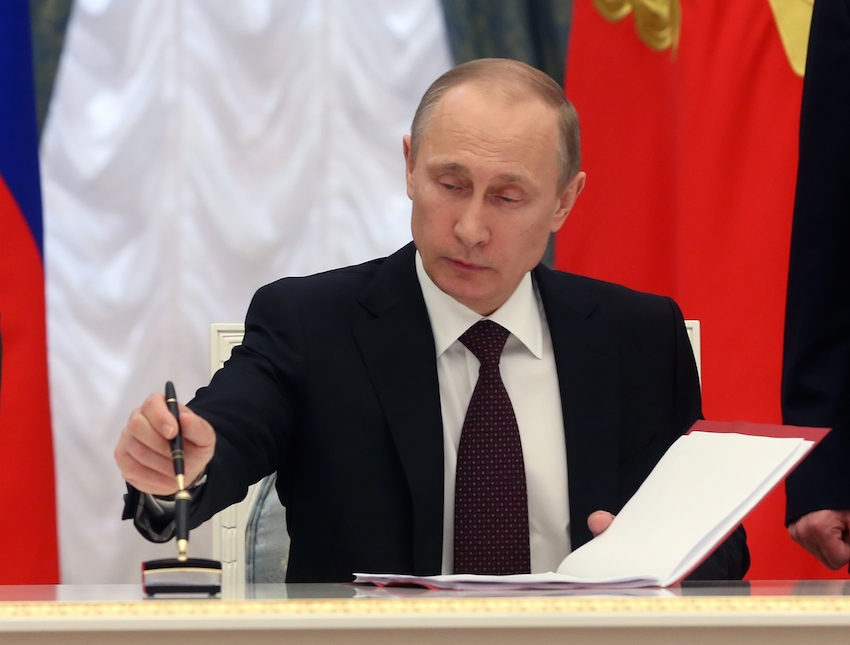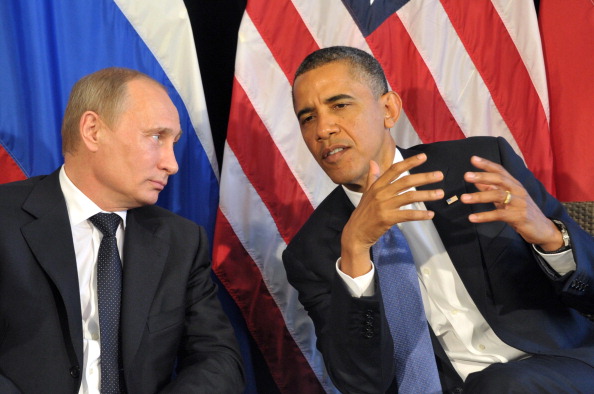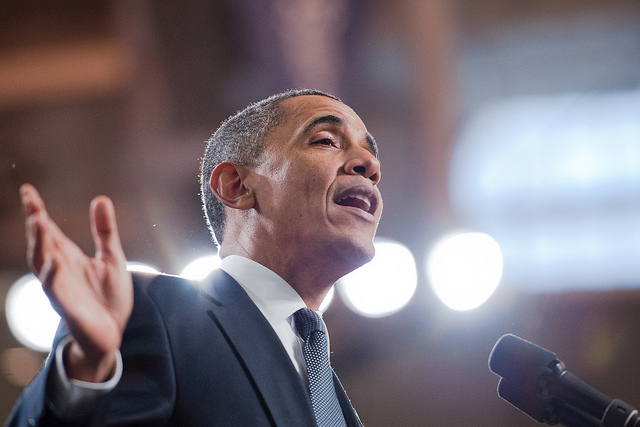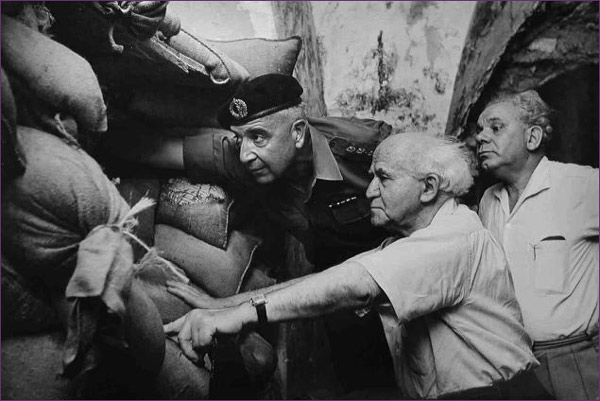Michael Doran
Michael Doran is a senior fellow and director of the Center for Peace and Security in the Middle East at Hudson Institute. The author of Ike’s Gamble: America’s Rise to Dominance in the Middle East (2016), he is also a former deputy assistant secretary of defense and a former senior director of the National Security Council. He tweets @doranimated.
In the Yom Kippur War, Strategic Vision Mattered Most
Nixon and Kissinger understood Israeli military power to be an asset to America, not a liability, and they formulated a strategy designed to exploit that power.
How Israel Got Caught by Surprise in 1973 and 2023
Michael Doran, a leading analyst and author of “The Hidden Calculation Behind the Yom Kippur War,” discusses his essay and the eerie resonances between 1973 and 2023.
The Hidden Calculation Behind the Yom Kippur War
It’s long been the greatest question about the war: why Israel waited to be attacked. But what if it was convinced to wait by its closest ally, the United States?
Podcast: Michael Doran on the Ambiguities in Biden's Middle East Strategy
The veteran foreign-policy analyst thinks the Biden administration is both strengthening Israeli security and facilitating the greatest threat to it. Can both be true?
Podcast: Michael Doran on Iran's Growing Military Dominance in the Middle East
The foreign-policy analyst joins us to talk about his recent essay “Overmatch.”
Why Are So Many Observers Missing Turkey's Potential as an Israeli (and American) Ally?
Most American and Israeli foreign-policy thinkers are blind to what’s really going on in Turkey, the opportunities there are, and the challenges it presents.
Michael Doran and Ze'ev Maghen Think about Iran and its Revolutionary Regime
With a new nuclear deal looming, two experts met to discuss what it means, and to think more broadly about the nature of Iran’s radical leadership.
Podcast: Michael Doran on the Most Strategically Valuable Country You've Never Heard Of
Situated between Russia and Iran, Azerbaijan could be a key partner in the struggle for Eurasia. And a stronger alliance between Washington and Baku could benefit Jerusalem, too.
Podcast: Michael Doran on America's Strategic Realignment in the Middle East
The analyst joins us to talk about his essay explaining why President Biden seeks to downgrade allies and elevate adversaries in the Middle East.
Saving Israel in Spite of Herself
When Americans take a position on Israel, they’re not simply talking about Israel. They’re also talking about America’s moral character.
Podcast: Michael Doran on China’s Drive for Middle Eastern Supremacy
The foreign-policy expert joins us to explain how China seeks hard power and not just economic influence in the region.
Podcast: Michael Doran on Why the Coronavirus Is Hitting Iran so Hard
The foreign-policy expert joins us to talk about how things there have got so bad, what the regime is thinking, and what it means for tensions with America.
Podcast: Michael Doran on America’s Standoff with Iran
The Middle East analyst stops by to talk about his recent blockbuster essay in Mosaic.
What Iran Is Really Up To
Desperate to preserve the nuclear deal, Iran with the help of its Western friends is creating just enough turmoil to make America, and not it, appear eager for war.
Podcast: Michael Doran on Keeping Our Eye on the Ball in the Middle East
Mosaic’s key foreign-policy analyst elaborates on his latest big essay.
Getting Smart about America's Middle East Policy
As a strategic concept, defeating the Iranian-led order plays to America’s strengths, serves its vital interests, and is poised to attract the support of its traditional allies.
The Strategy Washington Is Pursuing in the Middle East Is the Only Strategy Worth Pursuing
America needs to back up its allies (Israel, Saudi Arabia, and potentially Turkey), and isolate its adversaries (Iran, Russia, China, Islamic State). Everything else is secondary.
With the Death of Bernard Lewis, the Age of Academic Giants Has Come to an End
Professional study of Middle East history now belongs to incompetents and political agitators.
How WW II American Leaders in North Africa Learned to Disregard the Interests of Jews
Old fashioned anti-Semitism played a role, but the greater part had to do with a fear, justified or not, of provoking the Arabs.
Iran Must be Contained, but Iran Must Also Not be Viewed in Isolation
America needs to form as broad an international coalition against Tehran as possible—and simultaneously to develop a strategy for the Middle East as a whole.
What America Should Do Next in the Middle East
The policies of the Obama administration led to carnage in Syria, regional chaos, and the rise of Iran and its alliance with Russia. Can the momentum be reversed—without going to war?
Ike vs. Obama in the Middle East
One of them learned from his mistakes, re-examined his fundamental assumptions, and changed course as necessary.
All the President's Blunders
President Obama’s foreign policy failures—Iran, Syria, Russia—aren’t accidents. They’re rooted in flawed theories and misguided judgments.
Our Man in Moscow
Vladimir Putin’s major new role in the Middle East is no accident. It’s part and parcel of President Obama’s broader strategy.
How to Destroy Islamic State (and How Not To)
Why has a ragtag force been able to hold out against the most powerful country in the world? Because America’s regional strategy is based on false precepts.
Who Bamboozled Whom?
Those who think the Iranians outwitted us fail to recognize one very important thing: the White House never intended to contain Iran.
How Israel Got Taken
The new memoir by Michael Oren, Israel’s former ambassador to Washington, tells all—except for one thing.
A Letter to My Liberal Jewish Friends
The president’s address last week to Congregation Adas Israel as “an honorary member of the tribe” was something other than it seemed.
Fiction and Foreign Policy
To the president, foreign policy isn’t just about safeguarding the country. It’s also, as the Iran deal makes clear, about fashioning a creative personal narrative of the effort.
The Tectonic Shift in Obama's Iran Policy
A nuclear deal is only the beginning. The president’s goal, at the expense of America’s allies, is full-fledged détente with Iran.
No Policy Like an Iran Policy
Even his former adviser agrees that the president’s Iran policy is collapsing. Can anything be done, or is it too late?
Obama's Secret Iran Strategy
The president has long been criticized for his lack of strategic vision. But what if a strategy, centered on Iran, has been in place from the start and consistently followed to this day?
The Silent Partnership
How the president has exploited the international campaign against IS in order to accommodate Iran.
What Now for the United States?
How America can help the new Arab-Israel alliance to resist IS and stabilize the Middle East.
What Was He Thinking?
The New Middle East War
Mourning Fouad Ajami
Why the Peace Process Will Continue
It's Not Just Ukraine
Pass the Fig Leaf, Please
“I Don’t Bluff”
What Would Ben-Gurion Do
. . . if he were caught between the rise of al-Qaeda and Iran and the decline of the United States?
